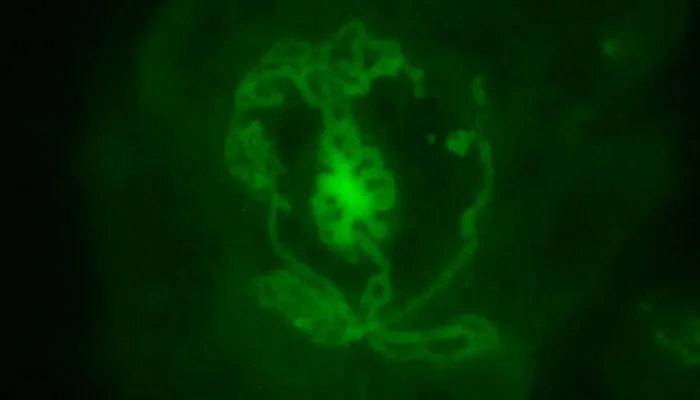Scientists at Bar-Ilan University, directed by Dr. Nitzan Gonen, have successfully generated laboratory-grown testicle organoids, representing a significant step forward in male fertility research, according to Interesting Engineering.
The novel strategy, described in the International Journal of Biological Sciences, has the potential to revolutionize reproductive medicine.
The testis is extremely important in male reproductive health because it produces sperm and synthesizes testosterone.
Dr. Gonen’s team overcame the shortage of in vitro models for researching testis development by methodically developing artificial testicles from cells taken from neonatal mice.
These microscopic replicas closely resemble the natural structure and function of testes, giving researchers a useful tool for studying the complexities of testis growth and function. Despite not yet producing mature sperm.
Dr. Gonen stresses the research’s broad implications, particularly in terms of developing therapeutic approaches for sexual development abnormalities and male infertility. The next step is to refine the procedure using human samples, with the goal of translating these discoveries into clinical practice.
Looking ahead, the researchers hope to use human samples to broaden the scope of their study, potentially assisting fertility preservation in cancer patients.
The emergence of laboratory-grown testicle organoids constitutes a watershed moment in reproductive medicine, providing unprecedented chances to unravel the riddles of testis development.
As the research proceeds, the prospective uses of testicular organoid creation in areas such as fertility preservation and personalized treatment strategies are gaining attention.
With continued efforts to optimize the technology, reproductive medicine is on the verge transformative breakthroughs in understanding and addressing male reproductive health.







